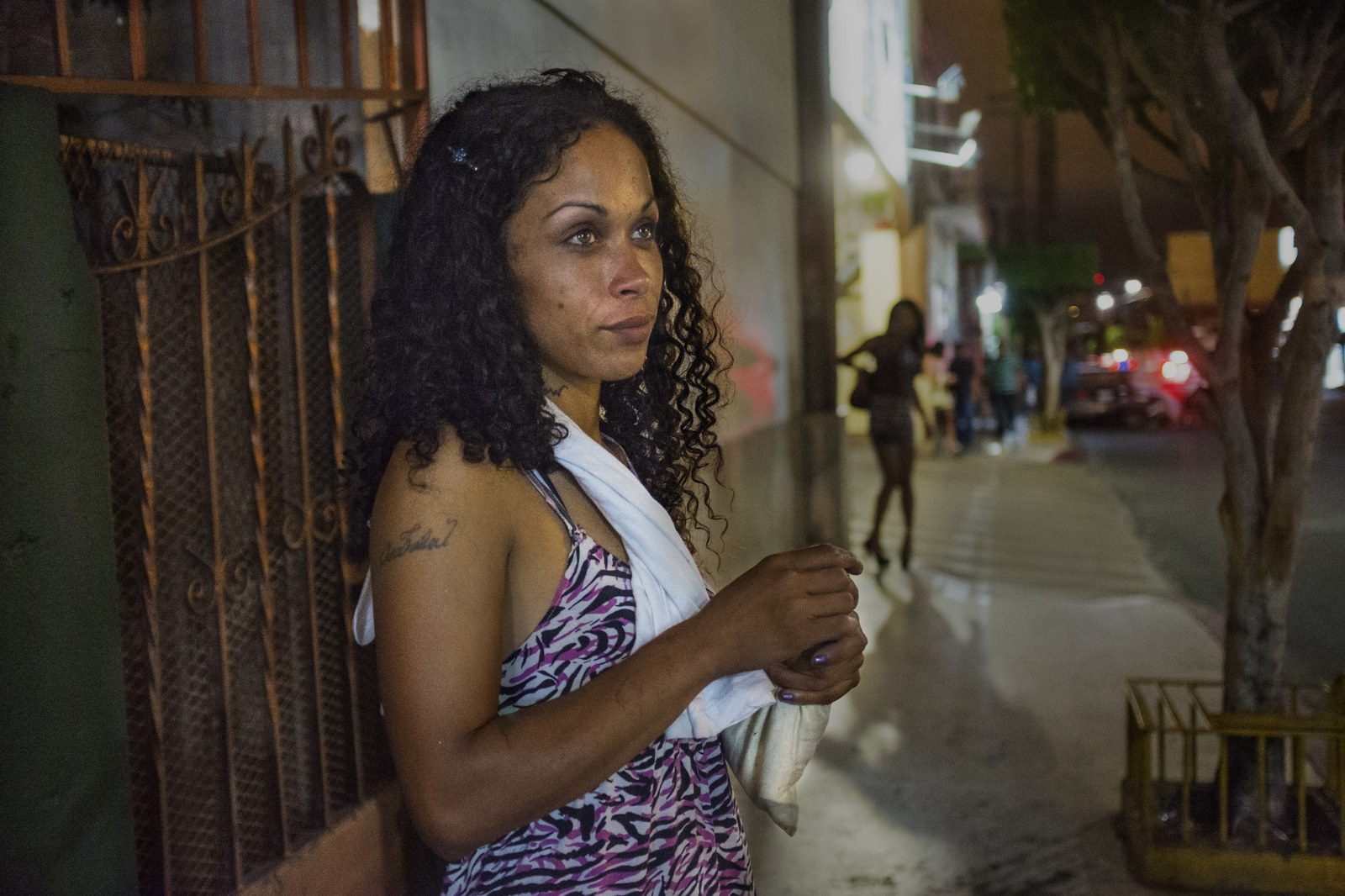For two years, Photographer Malcolm Linton and writer Jon Cohen documented the stories of people who are at risk or living with HIV/AIDS in Mexico's border city of Tijuana.
Their recent book Tomorrow Is a Long Time — Tijuana's Unchecked HIV/AIDS Epidemic compiles the stories of two dozen individuals and highlights the reality of the war to end AIDS in Mexico.
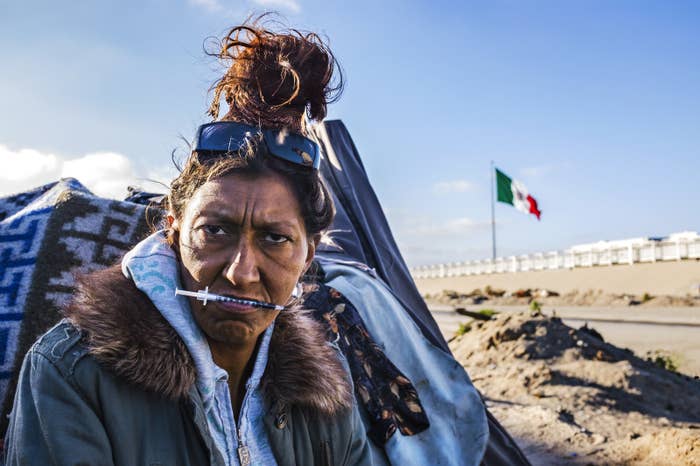
Jon Cohen spoke with BuzzFeed about the project:
"We decided to focus much of our attention on the Tijuana River Canal, which was home to about 1,000 people, mostly deportees from the U.S. who were at extremely high risk for HIV infection because of sharing needles to shoot heroin and selling sex."
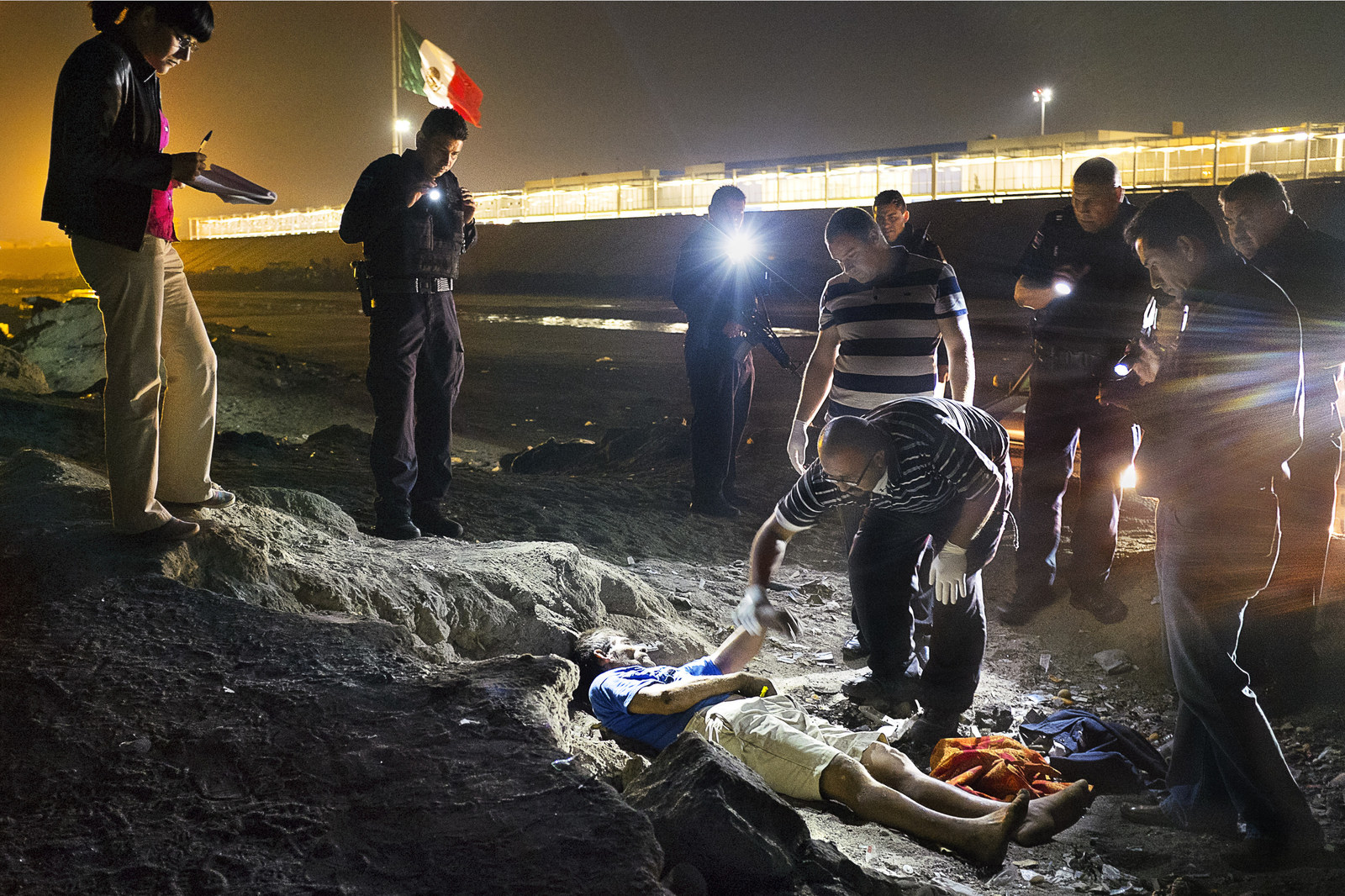
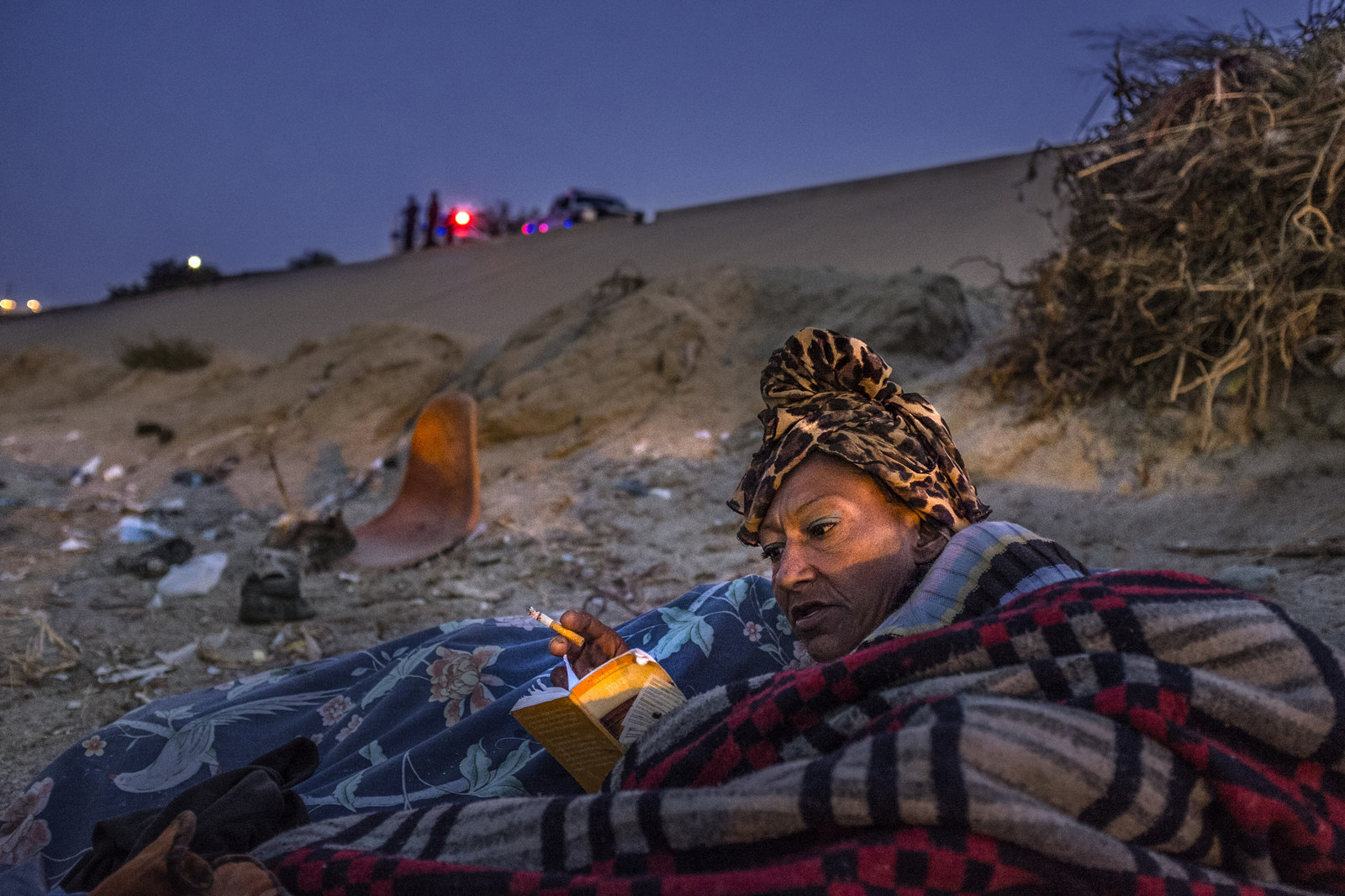
He goes on, "We also spent a lot of time in the red light district with straight, gay, and transgender sex workers. And Tijuana has an AIDS hospice/drug rehab center that we visited frequently, too."
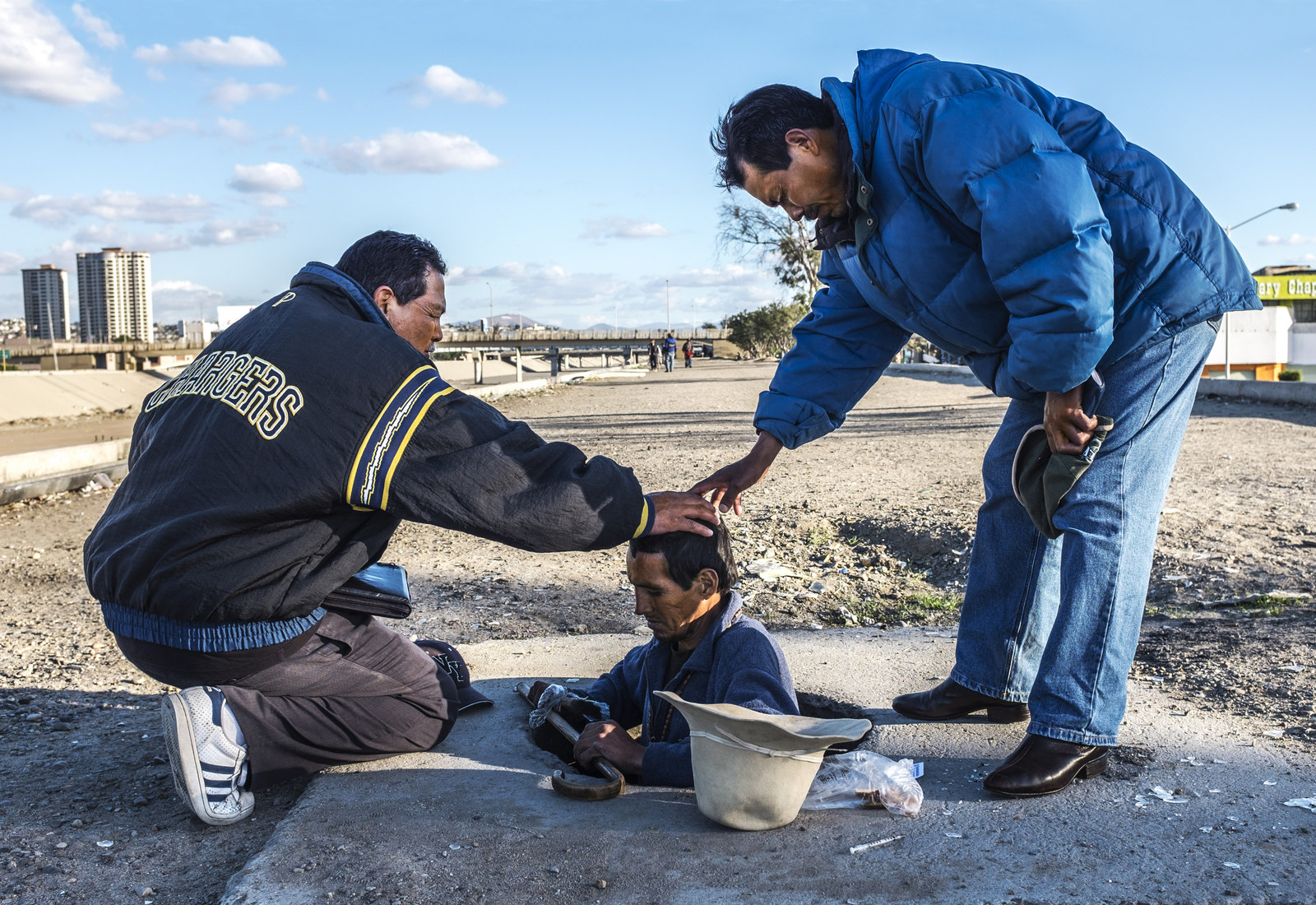
"In all, we interviewed and photographed about 100 people who either were living with HIV or at high risk, and the book tells the stories of two dozen of them over time."
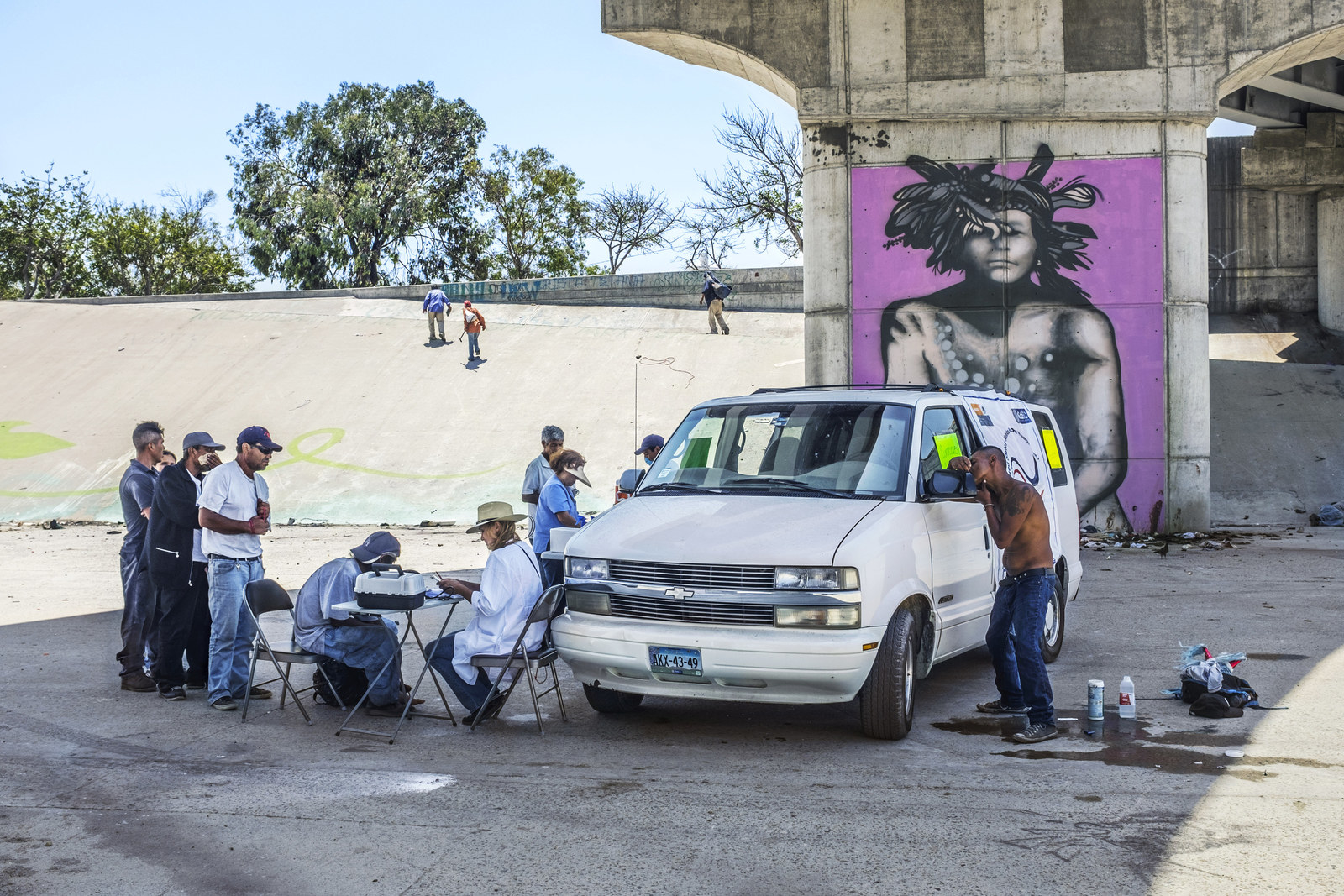
"Some HIV-infected people started antiretroviral treatment and bounced back from their deathbeds. Some untreated people died."
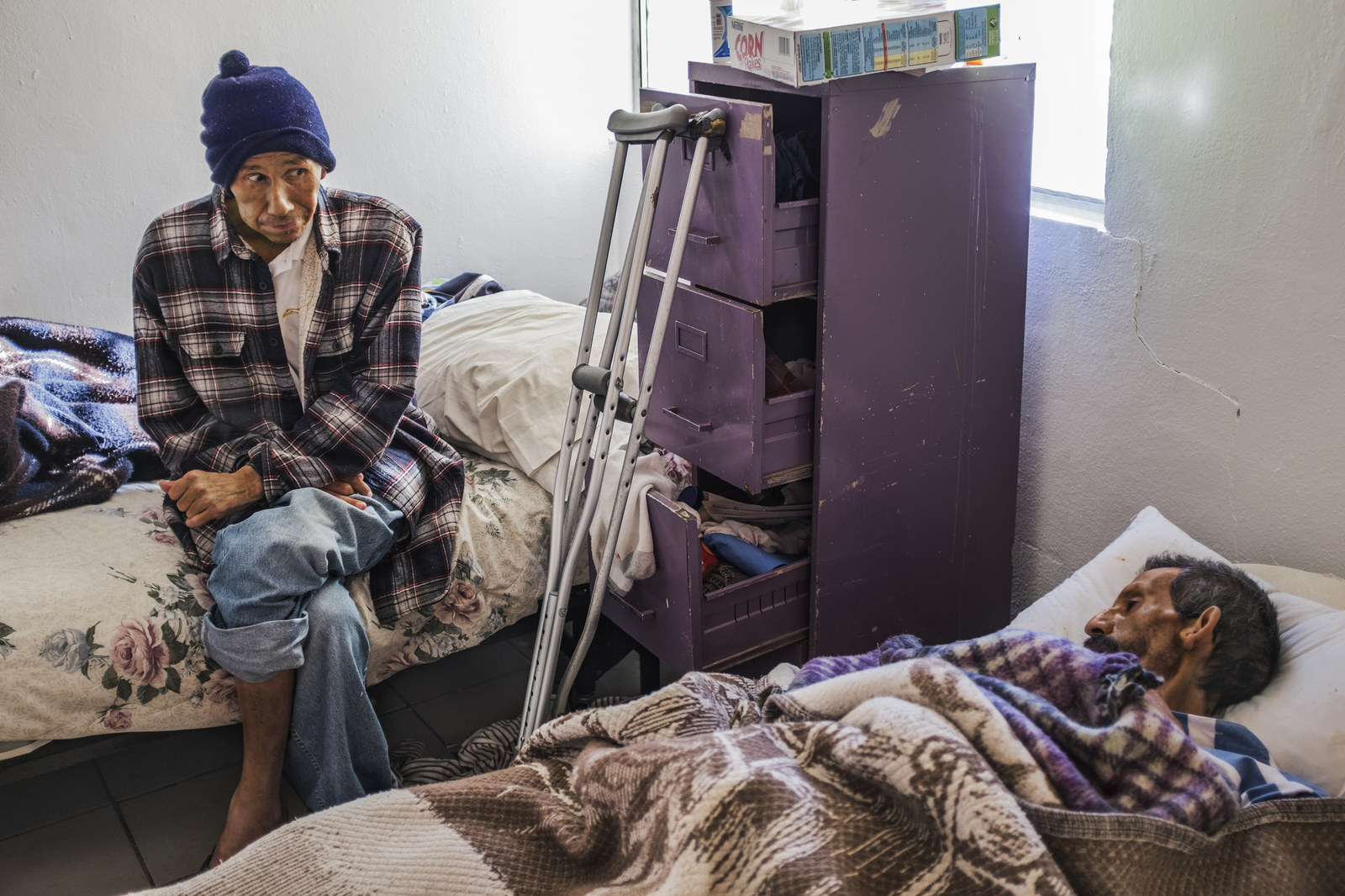
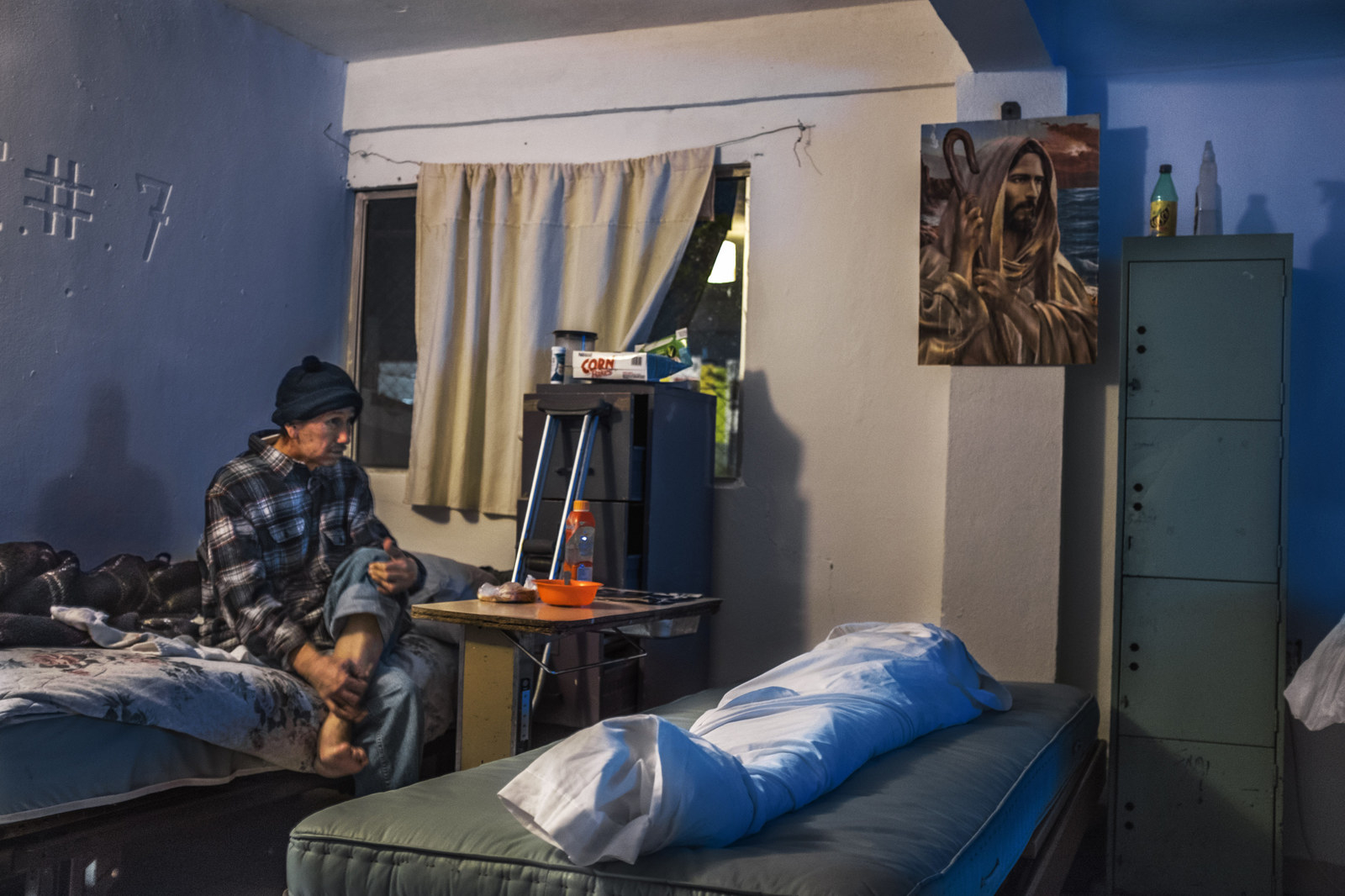
"Some uninfected people we followed became infected, while others, despite sharing needles and selling sex, did not."
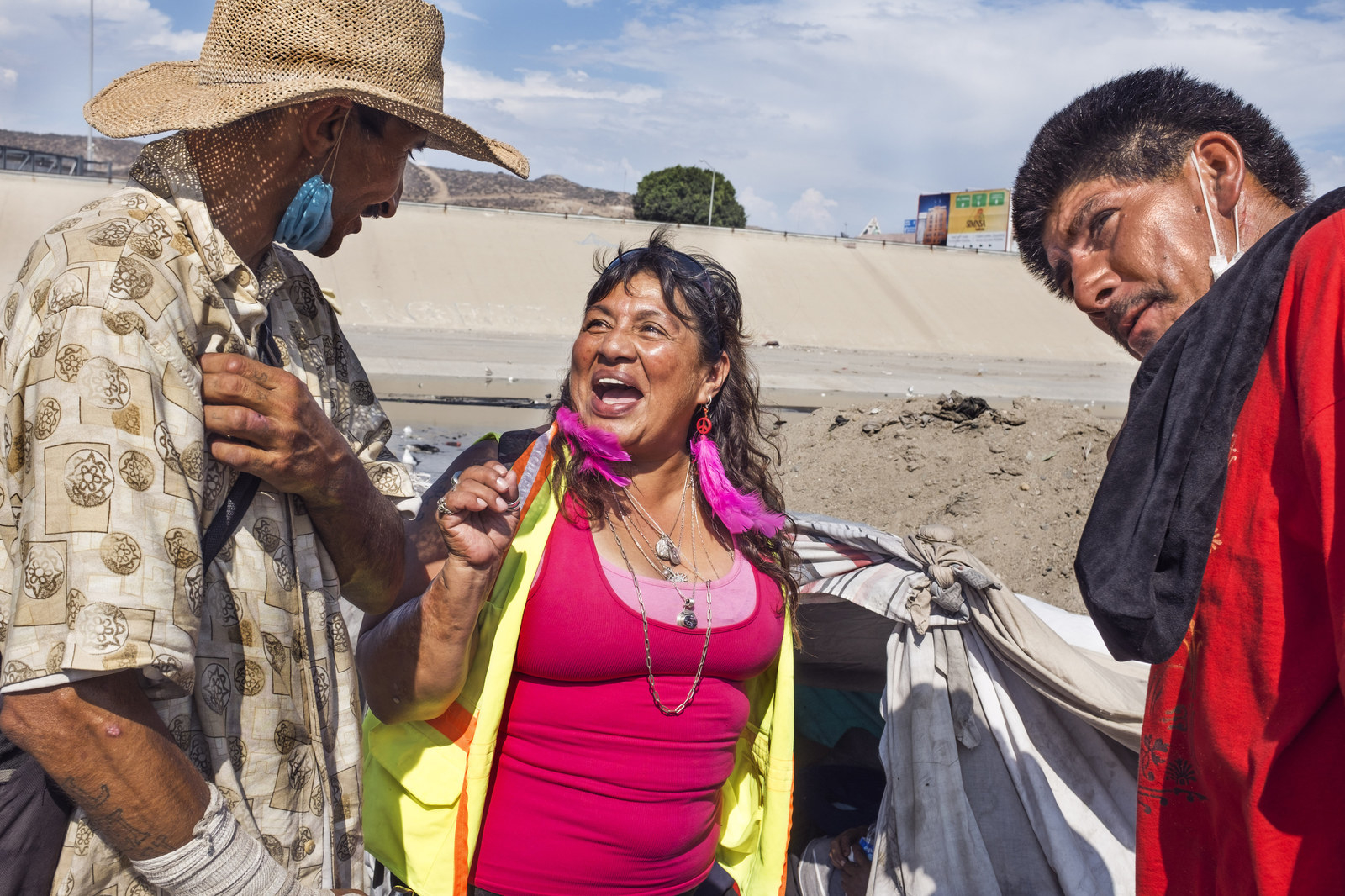
"A few people entered rehab for their drug addictions, and a few ended up in prison for allegedly selling drugs."
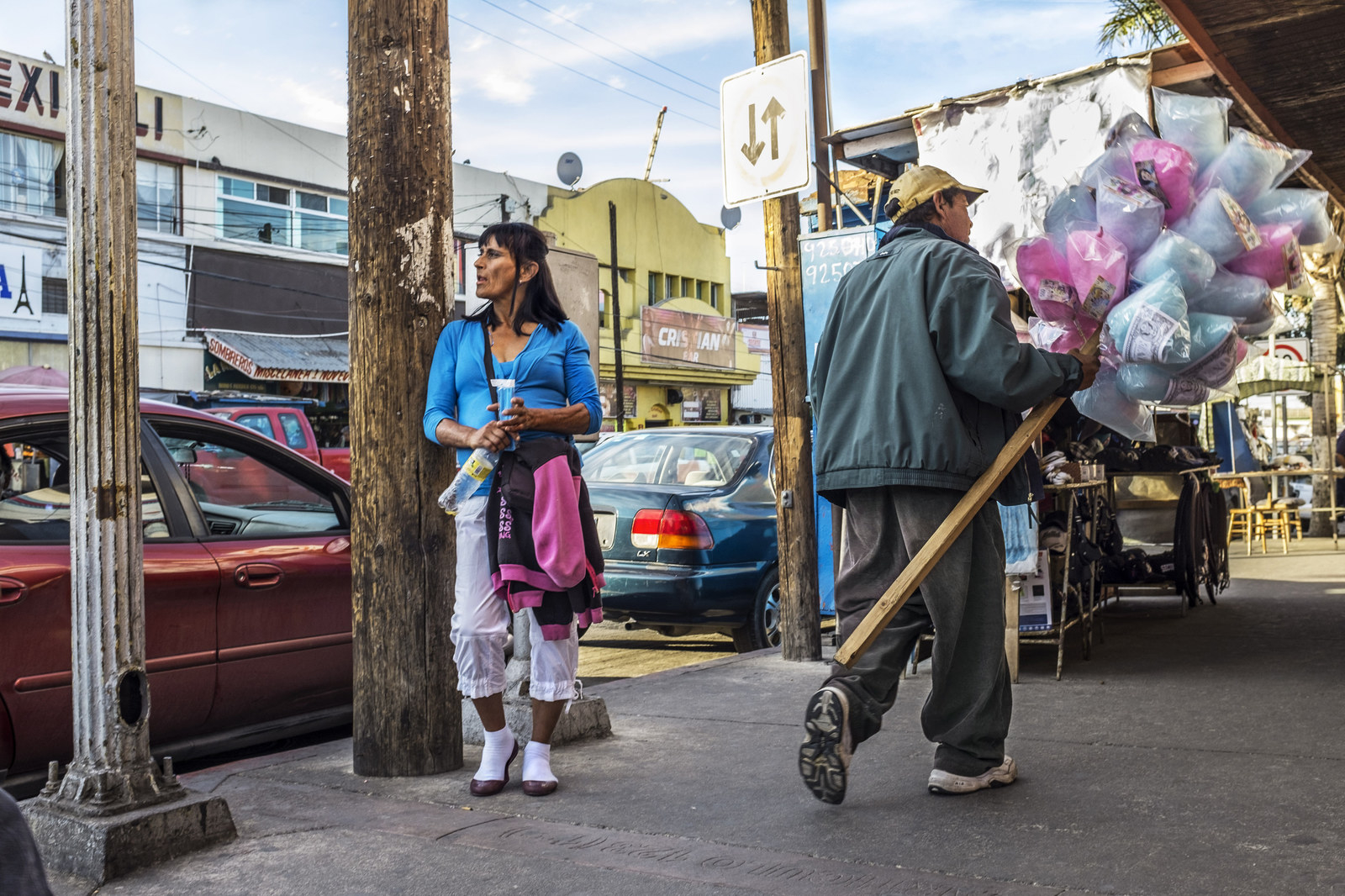
"Tijuana shows the chasm that separates the dream of ending AIDS from the reality, and this holds true for many locales around the world."
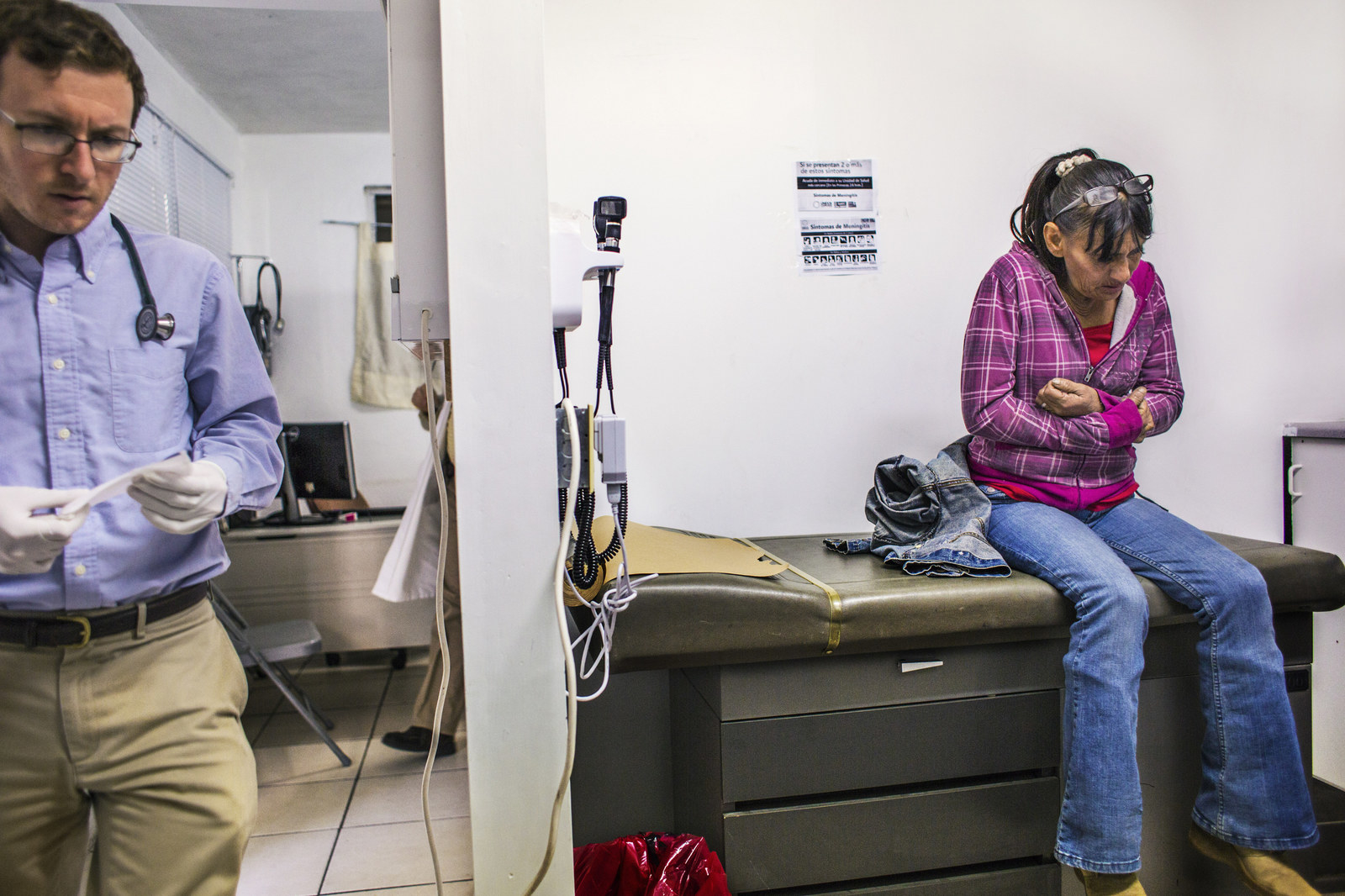
"In the world of HIV/AIDS, researchers speak about the 'marginalized' populations who are most vulnerable to the virus. I think marginalized is code for hated and feared."
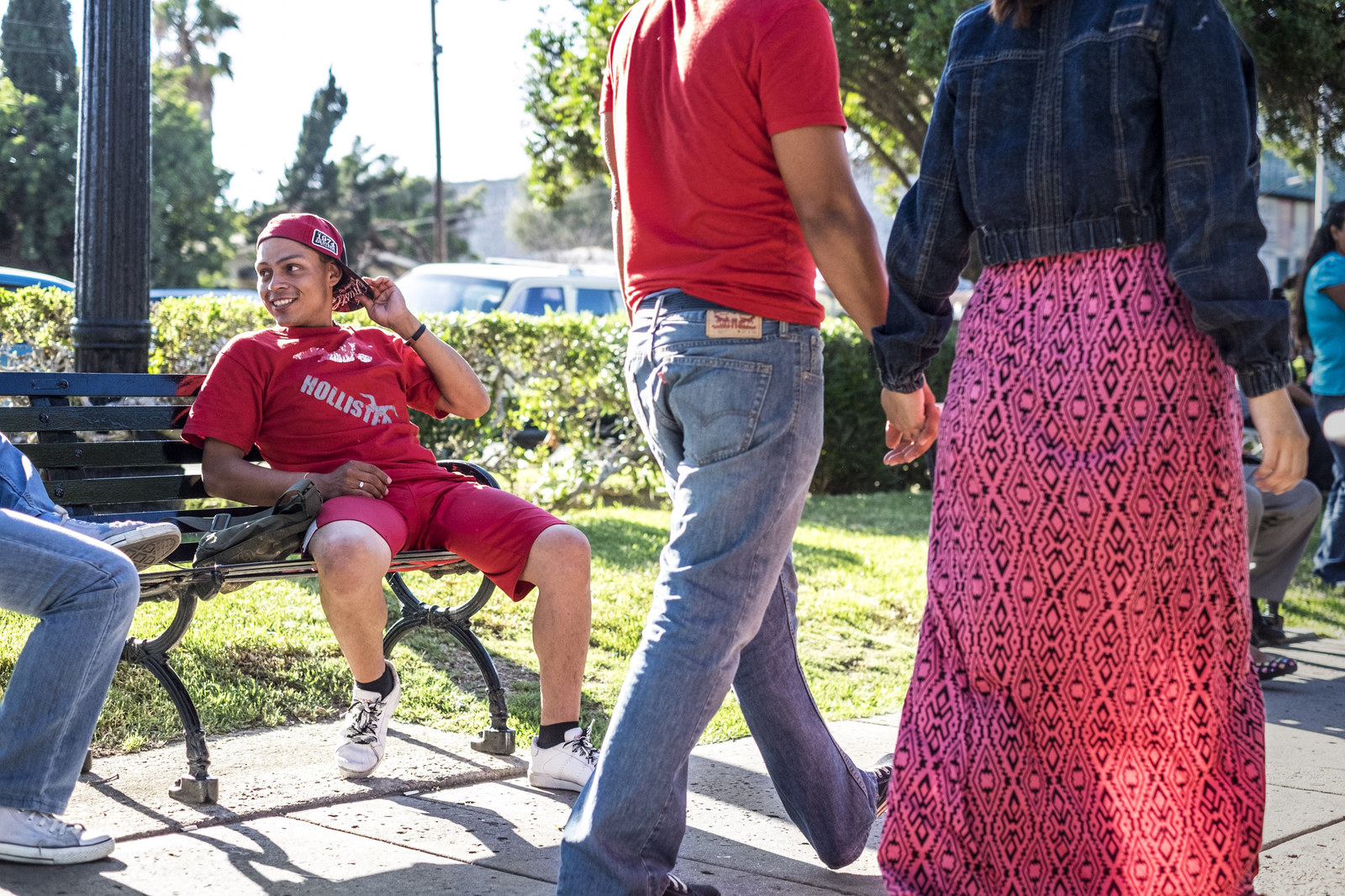
"We strived to make readers care about the people we featured, to see them as humans instead of wild animals...

...to understand that they were capable of change and that it was important to communities to help them stay healthy."

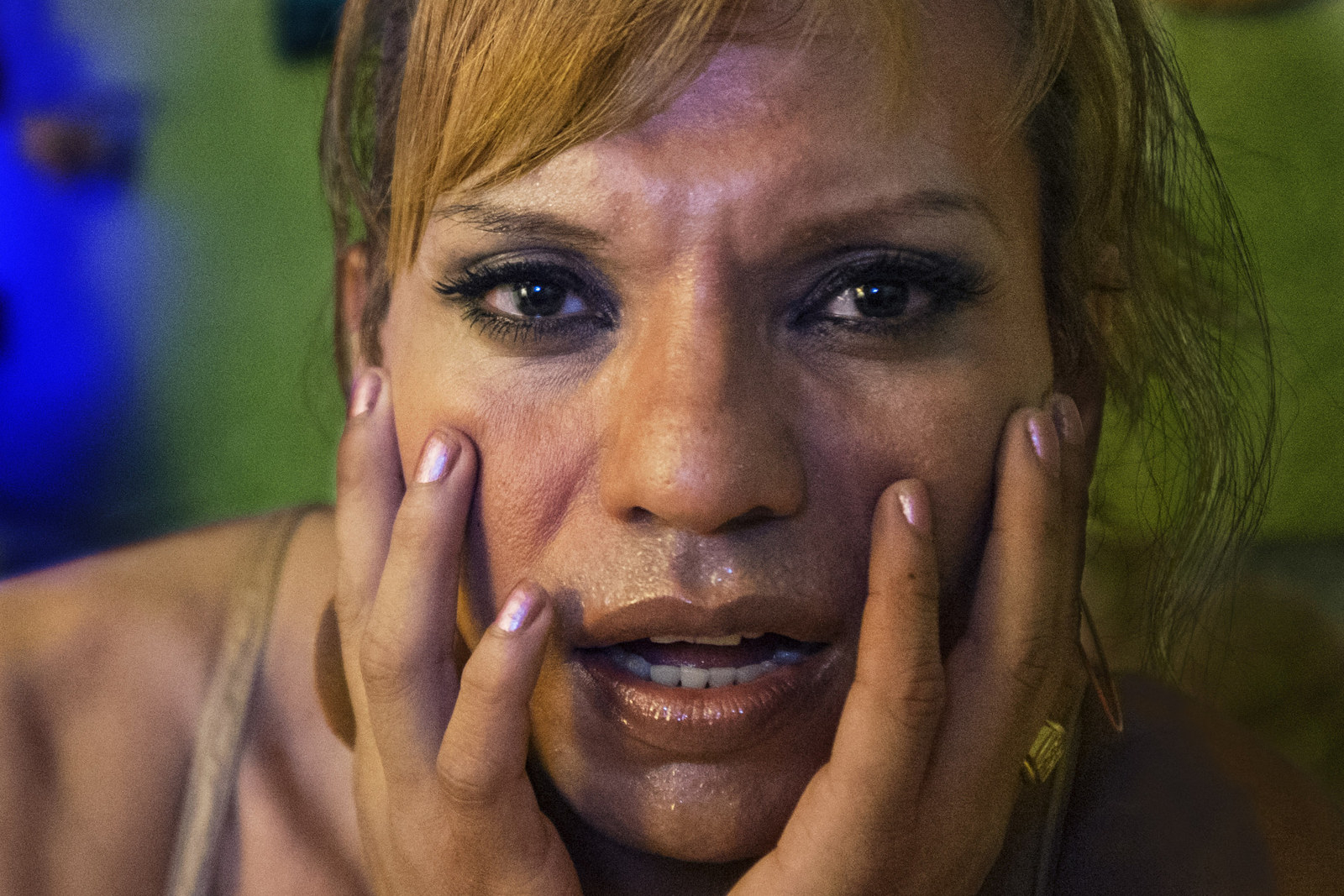
"We became close to many people who wanted us to tell their stories, openly sharing intimate details about their sex lives, struggles with drugs and alcohol, run-ins with the law, estrangement from family, and complicated health histories."
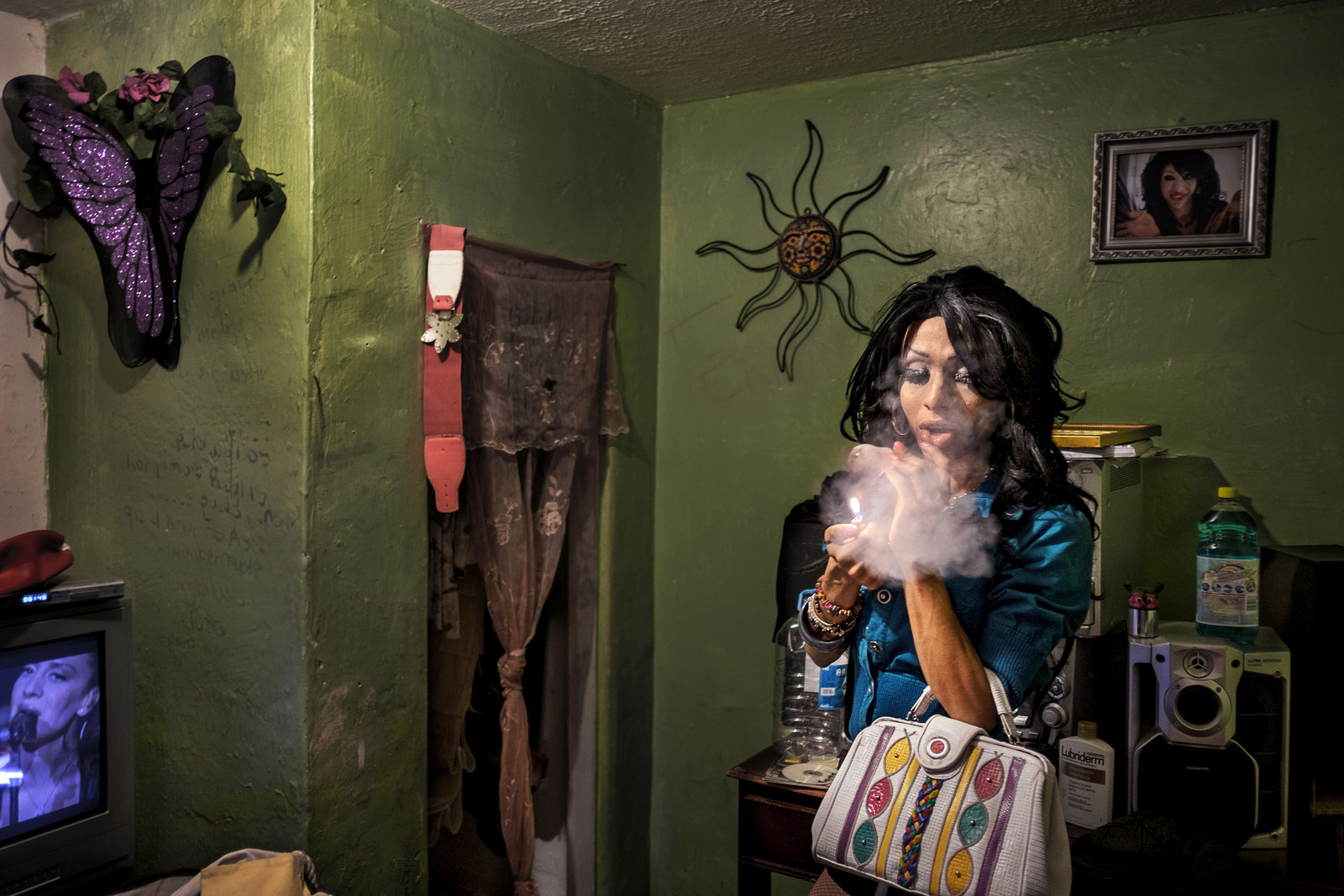
"By making them visible, I hope the book creates more compassion toward their plight and convinces the public and policy makers that helping them is the key to ending Tijuana’s HIV/AIDS epidemic."
